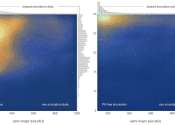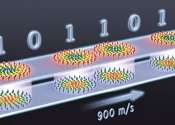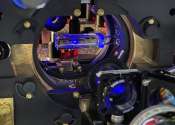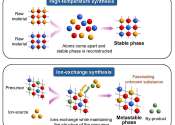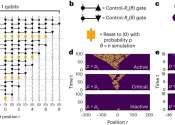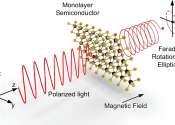New evidence found for Planet 9
A small team of planetary scientists from the California Institute of Technology, Université Côte d'Azur and Southwest Research Institute reports possible new evidence of Planet 9. They have published their paper on the ...
